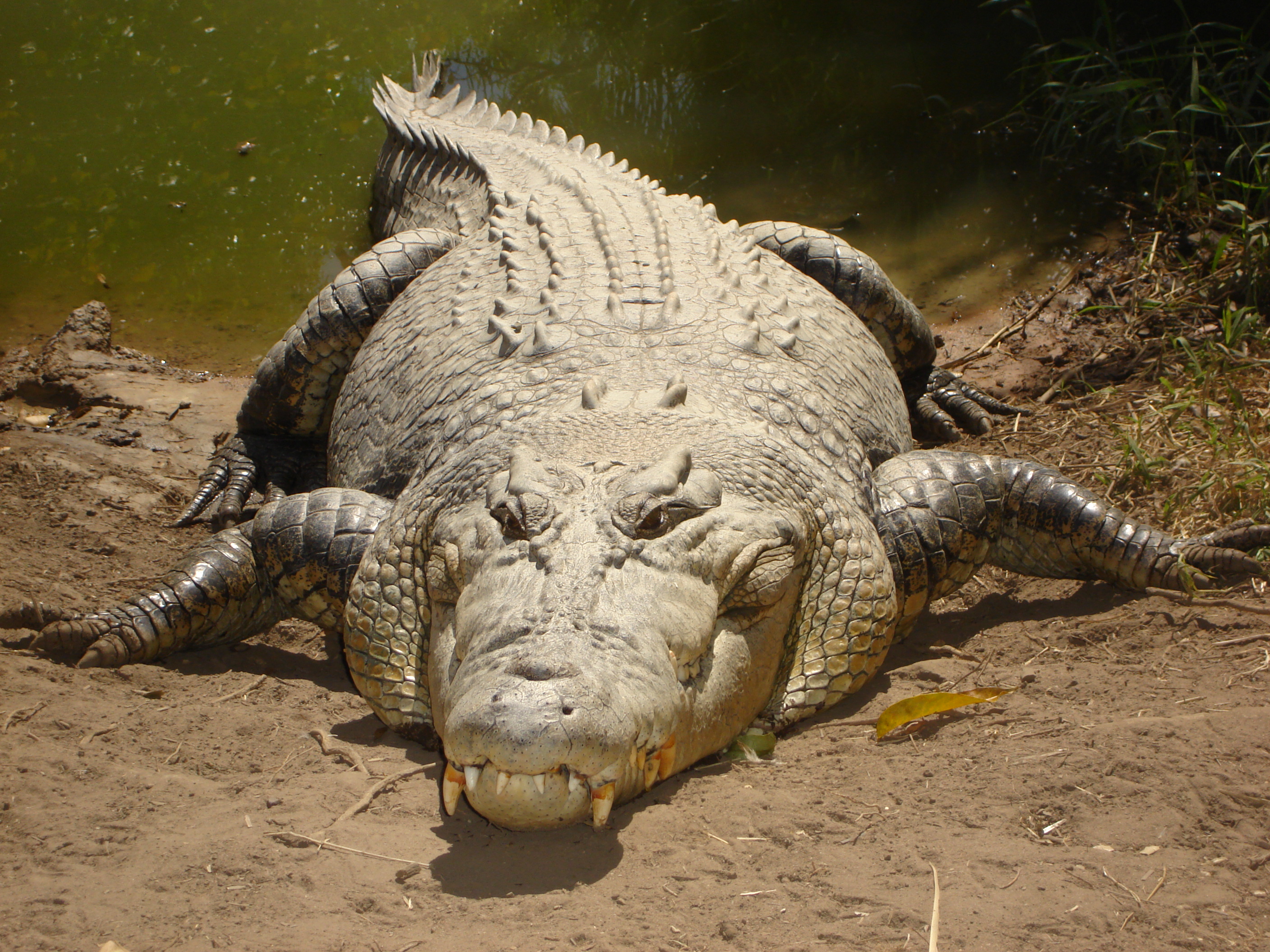Media release
From:
Cooling down is as important as warming up for a large-bodied tropical reptile
Proceedings of the Royal Society B: Biological Sciences
Crocodiles need to keep cool in a warming world. We tracked the body temperature of a population of estuarine crocodiles across 13 years and found that crocodiles matched water temperature most of the time. However, we identified periods of warming during winter, and cooling during summer, which suggests that crocodiles have some ability to regulate their body temperature – particularly if those crocodiles are larger. Individual body temperatures differed, with some crocodiles tending to be warmer than others, and some tending to be more consistent than others. Our results highlight the resilience of crocodiles in the face of climate warming.



 Australia; QLD; NT
Australia; QLD; NT



